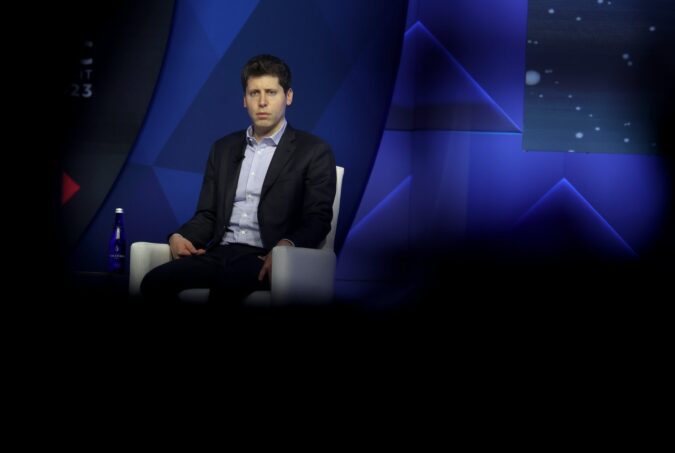Location:RD Watt Seminar Room, University of Sydney, Australia Dates and time:2 – 4 October 2024 As our digital society advances, an increasingly diverse array of stakeholders are seeking to have a greater say in its governance (Calandro, 2015, Tjahja et al, 2022, Aguerre, 2022), making the challenge of policymaking for the Internet more complex and contested (Kettemann, 2020, Belli et al, 2023). The 2024 Policy & Internet conference, hosted by the University of Sydney, invites scholars, policymakers, civic interest groups, platform providers and regulatory bodies to participate in a dialogue about the nature of ‘good Internet policy’. Set against the backdrop of significant global events like NetMundial+10 and the United Nations Global Digital Compact, the conference seeks to unravel the complexities of Internet governance and policymaking and to explore diverse pathways towards a ‘good’ future for the Internet for all. This conference aims to explore foundational questions and new frontiers in Internet policy and invites contributions that address but are not necessarily limited to the following topics: Defining Good Policy: What constitutes good Internet policy? Which norms and values are pivotal in shaping these policies? Policy Innovation and Ecosystems: What current innovations are shaping policy landscapes? Are these ecosystems effective, and how might they be reimagined? Norm Entrepreneurship: How are different stakeholders championing innovative norms to address the myriad challenges in Internet policy? Processes and Mechanisms: What are the key processes and mechanisms in crafting effective Internet policies? Policy Spaces: Where is Internet policy formulated? Which forums or platforms are or should be central to these discussions? Inclusivity in Policymaking: Who currently influences Internet policy, and who should be involved in these discussions? Impact of Emerging Technologies: How do emerging technologies reshape the frameworks and priorities of Internet policy? Regulatory Expertise: What expertise is necessary to navigate and enhance the efficacy of Internet policy-making? We invite submissions that address the above themes, but also encourage papers that propose new perspectives…
Join us in shaping Internet policy discourses at a conference designed to challenge, inspire and innovate.


